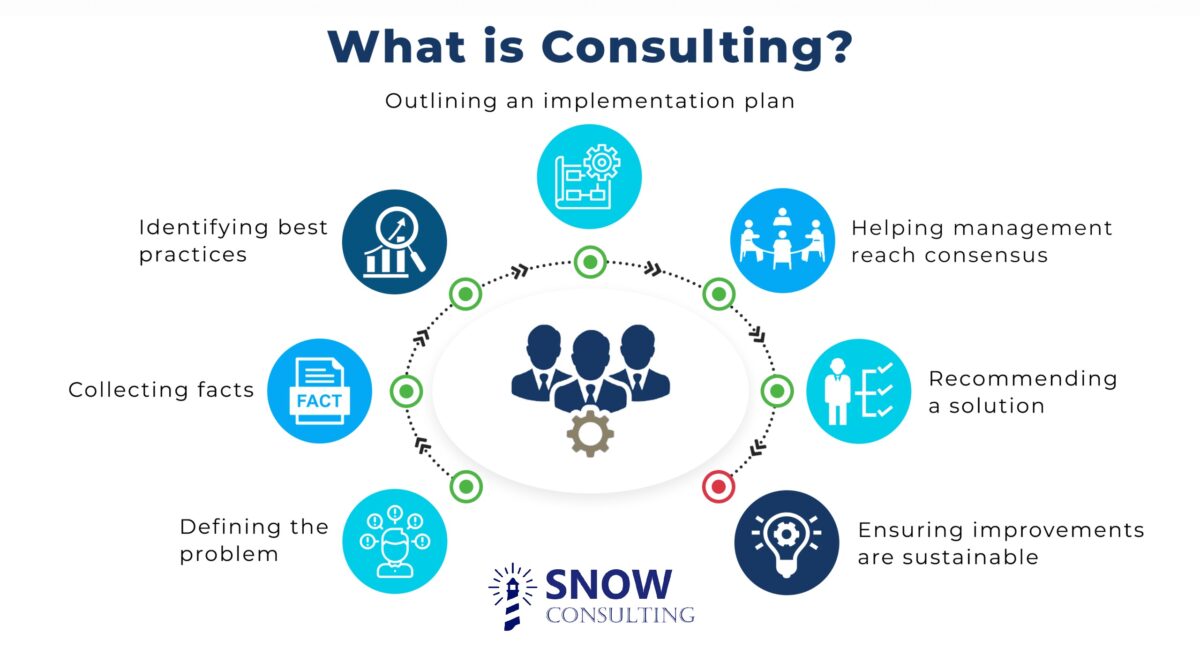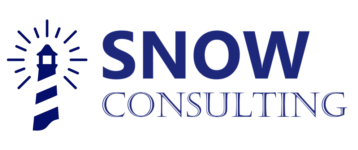
Advantages of a Senior Regulatory Affairs Consultant vs. a Less Experienced Regulatory Affairs Consultant
-
Deep Expertise in Regulatory Processes:
Our Senior regulatory affairs consultants have extensive knowledge of FDA regulations, guidelines, and processes, leading to more accurate and efficient strategies for your drug approval.
-
Proven Track Record:
With years of experience, our senior regulatory affairs consultants have a history of successfully navigating complex regulatory challenges, reducing the risk of setbacks during the approval process.
-
Strategic Insight:
At Snow Consulting, We offer high-level strategic guidance, identifying potential regulatory hurdles early and devising proactive solutions, which is critical for minimizing delays.
-
Effective Communication with FDA:
Our Senior regulatory affairs consultants have established relationships and credibility with FDA reviewers, enabling smoother and more persuasive communication throughout the approval process.
-
Leadership and Mentorship:
We can lead and mentor internal teams, enhancing the overall regulatory strategy and ensuring alignment with the latest industry best practices.
-
Crisis Management:
Our Senior regulatory affairs consultants are better equipped to handle unforeseen regulatory issues, mitigating risks through swift and informed decision-making.
-
Tailored Approaches:
With broad experience across different therapeutic areas and product types, our senior regulatory affairs consultants can customize regulatory strategies to meet specific needs, increasing the likelihood of approval.
-
Resource Efficiency:
Our ability to foresee potential challenges and optimize submission strategies can result in cost savings and faster time-to-market for your drug, product or biologic.
-
Holistic Understanding of the Industry:
Our Senior regulatory affairs consultants possess a comprehensive understanding of the drug development lifecycle, allowing us to align your regulatory strategies with your overall business objectives.
-
Influence in Regulatory Affairs Community:
Our extensive experience often includes participation in industry forums and regulatory advisory committees, giving us insights into upcoming regulatory trends and potential changes.
How to Evaluate Regulatory Affairs Consultants
Selecting the right regulatory affairs consultant is crucial for ensuring compliance and avoiding costly FDA warning letters. The right consultant can help streamline your compliance processes and speed up your product’s time-to-market.
Whether you’re comparing a few consultants or sorting through a larger pool of candidates, having a structured approach will make the decision easier. Here are some key criteria to consider when reviewing resumes and conducting interviews.
Expertise
A successful regulatory affairs consultant needs a combination of general and sector/drug category-specific knowledge.
General Knowledge
While it’s important for consultants to have a broad understanding of regulatory affairs, general expertise alone may not suffice for your specific needs. However, it does provide a foundation for building a solid regulatory strategy. Look for consultants who can:
- Effectively plan and organize regulatory tasks.
- Maintain confidentiality and secure sensitive information.
- Understand and mitigate risks associated with non-compliance.
- Collaborate with team members to develop comprehensive regulatory strategies.
- Implement best practices in regulatory documentation.
This general knowledge enables a consultant to navigate various regulatory frameworks effectively.
Sector-Specific Knowledge
In addition to general expertise, a consultant must have deep sector-specific knowledge, including familiarity with:
- Relevant regulations and legal requirements for your industry.
- Risk management principles, methods, and techniques.
- Product-specific knowledge, including experience with regulatory submissions in your area.
- Product designs or specifications that influence the choice of regulatory pathways.
During interviews, assess the candidate’s experience and knowledge related to your specific sector to ensure they can meet your unique needs.
Experience
Experience is a key differentiator when choosing a consultant. While the number of years in the field is important, the relevance of their experience to your specific regulatory needs is even more critical. Ideal candidates should have experience with:
- Similar projects or products to those your company is developing.
- Interactions with relevant regulatory bodies and managing submissions.
- Consulting with companies of a similar size and complexity.
Remember, an experienced pharmaceutical consultant might not be the best fit for a company focused on medical devices, and vice versa.
Suitability
The right consultant should match the specific needs of your organization, which can vary depending on several factors:
-
Company Size:
Smaller companies may need comprehensive regulatory support, while larger companies might require specialized assistance.
-
Complexity:
The complexity of your organization and products may dictate the level of expertise needed.
-
Organizational Structure:
Some companies may have in-house regulatory experts and require additional support, while others may need external help for all compliance aspects.
-
Objectives:
Whether you’re looking to improve regulatory processes or pass a specific audit, the consultant’s approach should align with your goals.
You want a consultant who understands your organization’s needs and can hit the ground running.
Behavior
Behavioral fit is essential for effective collaboration. Consider asking the following behavioral questions during the interview to gauge how well the consultant will work with your team:
-
How did you handle a conflict while working in a team?
-
Can you describe a situation where you wished you had handled something differently?
-
What did you do when your responsibilities became overwhelming?
-
How do you manage working under close supervision?
-
What lessons have you learned from mistakes on past projects?
These questions can provide insights into the consultant’s past behavior and help determine if they are a good fit for your team.
The Bottom Line
Selecting the right regulatory affairs consultant can be the difference between a smooth product submission and facing an FDA warning letter. By using these criteria to evaluate candidates, you can choose the best consultant for your organization’s specific needs. Depending on your goals, some of these factors may weigh more heavily in your decision-making process.
